Hi colleagues,
For the last three and a half years, we have been running regular research seminars in the Faculty of Media and Communication. These are 60 min research seminars focussed on the process of doing research – particularly research methods but also including publishing, writing, time management etc. The idea here is that the speaker takes us through the anatomy of the project focussing particularly on the data collection and method – the challenges, the successes, and the failures. For the audience, we walk away with a practical application of a method we may not be familiar with or may not have applied in this way before.
The schedule until the start of June is below, with links to each seminar. Each will be led by an external speaker, who are leading experts in these methods.
If you would like to give a talk on an aspect of method or research process, then drop us a line
Dan Jackson and Sae Oshima, FMC
11 May at 2pm
Re-designing focus groups for inclusion – by Filippo Trevisan at American University, Washington, DC
Focus groups provide important opportunities for putting participants’ voices at the center of social research. However, ensuring that every participant has a fair chance of being heard can be difficult. This seminar will discuss strategies to ensure that focus groups are as inclusive as possible, focusing in particular on the challenges faced by participants with communication disabilities and disorders, which account for over 10% of the world’s adult population. Inspired by the principles of universal design, a range of solutions will be discussed that constitutes a flexible framework to empower new voices in research.
Join Zoom Meeting
https://bournemouth-ac-uk.zoom.us/j/87139699000?pwd=TjZKWnBMRnJtc0g3bDdoTEQ2RkNKQT09
Meeting ID: 871 3969 9000
Passcode: F+3iwB@Y
18th May at 2pm
Capturing incivility in online political spaces – by Rosalynd Southern and Emily Harmer at The University of Liverpool
Abstract TBA
Join Zoom Meeting
https://bournemouth-ac-uk.zoom.us/j/89365837916?pwd=bnlua1ZnMWJxOWJwUGxaNld6eks5dz09
Meeting ID: 893 6583 7916
Passcode: Za@D3Csq
25th May at 2pm
Examining the Dirt Under Our Fingernails: Exploring the Role of Ethnographic Mixed-Methods Research in Digital Political Communication – by James Dennis (University of Portsmouth), Amy Smith (BU) and Nikki Soo (Cardiff University)
As political actors diversify into multimedia communication strategies and citizens embrace semi-public and private digital spaces for everyday political talk, research into this realm has become increasingly complex. Effective and accurate investigation into political communication processes, events, and outcomes that occur in hybrid media systems means scholars must employ methodological reflexivity. In this paper, we argue that in particular, ethnography, the close observation of the phenomenon of study, is critical for scholars seeking to connect observations of digital communication with an understanding of the motivations that drive them. Combining insights from three projects analysing MPs, parties, news media organisations, and acRPStivist organisations, we provide advice for scholars looking to draw upon this methodological toolset.
Join Zoom Meeting
https://bournemouth-ac-uk.zoom.us/j/83798048442?pwd=TU56dG82dUpNV0ZUY3IyVFF4OVk1QT09
Meeting ID: 837 9804 8442
Passcode: p6x+Lb6A
1st June at 2pm
Thinking about epistemology – by Richard Thomas at Swansea University
This sort of philosophical thinking is often bypassed as we all dive into our research. But still worth pondering, I think. We will all find some particular approaches to our work are more suitable than others, and more suited to us as people and researchers. This talk sketches out a critical realist approach as particularly suitable to journalism/media research where we find out what the media does, how it does it, but most important of all – WHY they do it that way. Suitable perhaps for researchers, teachers and students.
Join Zoom Meeting
https://bournemouth-ac-uk.zoom.us/j/89956403486?pwd=cC95YnhMV1RGQ1RGQi9zS2RBZ2Z0UT09
Meeting ID: 899 5640 3486
Passcode: 6#tSV+*y
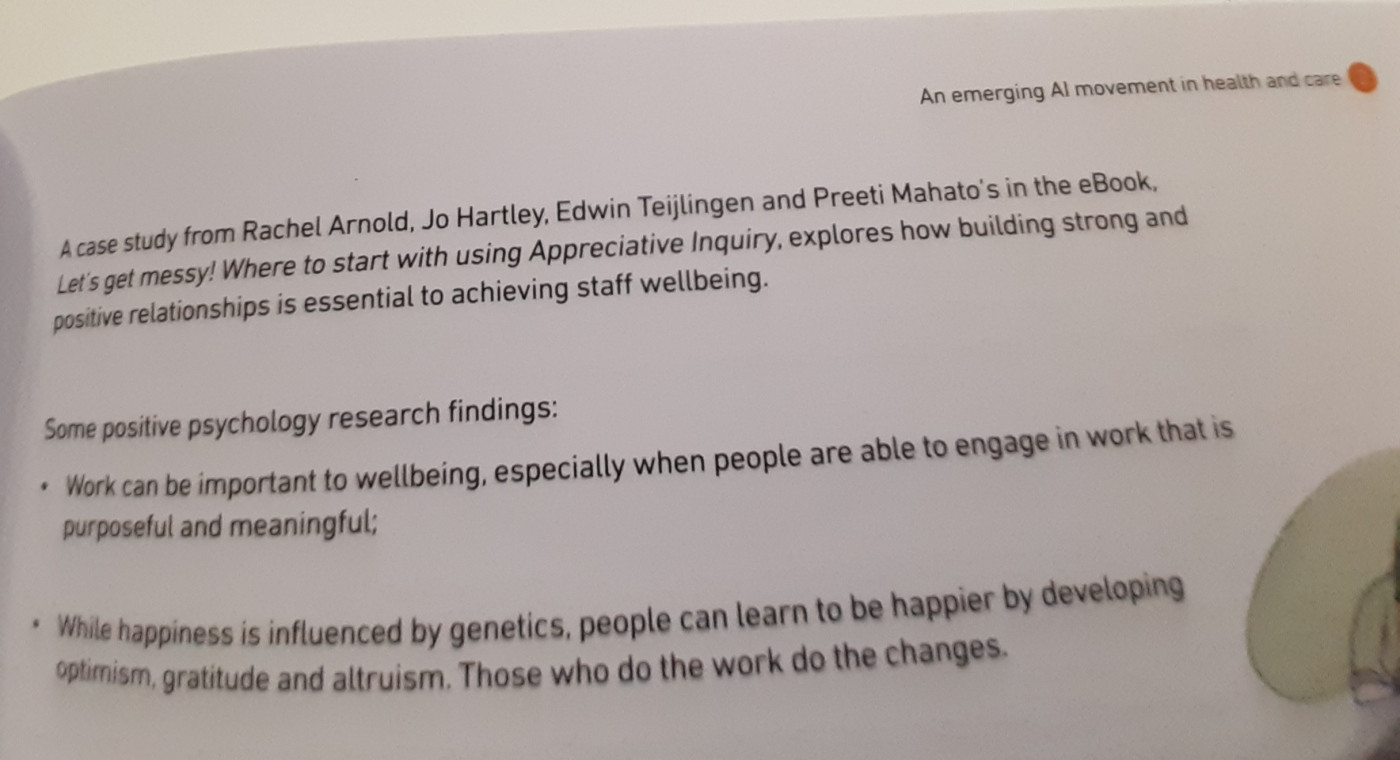 Today we received a copy of the book Appreciating Health and Care in the post. This book has a sub-title ‘A practical appreciative inquiry resource for the health and social care sector’ and refers to the work led by Bournemouth University’s Dr. Rachel Arnold. Appreciative Inquiry values people’s expertise and vision and can motivate people to see the world differently and instigate positive change. Rachel been the lead author on several publications around Appreciative Inquiry [1-3].
Today we received a copy of the book Appreciating Health and Care in the post. This book has a sub-title ‘A practical appreciative inquiry resource for the health and social care sector’ and refers to the work led by Bournemouth University’s Dr. Rachel Arnold. Appreciative Inquiry values people’s expertise and vision and can motivate people to see the world differently and instigate positive change. Rachel been the lead author on several publications around Appreciative Inquiry [1-3].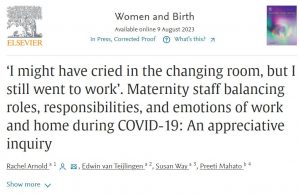
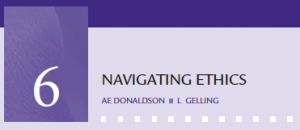

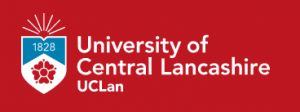
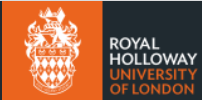














 Conversation article: London Marathon – how visually impaired people run
Conversation article: London Marathon – how visually impaired people run Horizon Europe News – December 2023
Horizon Europe News – December 2023